On Love and Hate, I consider love an innate emotion, but only in very specific circumstances. Every baby is born with an intense love and attachment to their mother, the woman who suffered extensive labor to bring them into the world and continued to care for them until they became independent enough to function without a mother’s aid. Beyond that, love is learned.
As we grow and adopt new experiences through aging and environmental changes, we develop opinions on what we love and hate. Our immense love for our elementary school best friend may be replaced by hatred when we mature and grow apart. One may feel fleeting love for romantic conquests that came and went, or unconditional love can be formed from a deep, soul-level connection. Similar to love, hate can be formed from experiences as well.
Being bitten by a brown recluse at age six may lead to a permanent distaste for spiders, justified by your negative experience. Bias, on the other hand, is often taught. Hatred and discrimination against fellow humans or marginalized groups are far from innate but rather learned from influences surrounding an individual. For example, the daughter of an overt racist is likely to grow up in a household surrounded by hateful speech, leading her to develop similar opinions. From a journalistic perspective, if you were ever publicly to speak on any passionate emotion within your writing, it should most certainly be love rather than hate.
Extremist news sources do exist and often pollute the feeds of those searching for truthful, honest news, but they are often targeted to an audience that shares their beliefs and ideologies. News sources that spread sensationalized stories designed to vilify the opposing party (and often, the minorities within it) have become a sensational way to attract viewers. While the platform is labeled as “news,” a word that holds an informative annotation, most of its content is centered on defaming public figures and inciting intense emotions within its viewers. When such broadcasts are made available to the public, outrage and polarization often ensue.
In our current political climate, hatred consumes the process of decision-making, as news regarding the upcoming election is rife with slander from politicians, journalists, and anchors. Journalism is intended to inform the populace of events within their community, free from bias or falsification. Not only has modern media abhorrently deviated from this standard, but it has eliminated the principles on which journalism was originally built. The “informative” aspect of news is now tainted by opinions and relentless efforts to pull viewers to one side or another, painting American politics in a novelesque, telenovela-like light.
While I may not be a professional journalist, my priority in my writing is eradicating hateful speech or content that harms others. To be a journalist is to prioritize sharing truthful information with your community, not to manipulate your career into an avenue to spread your opinions. Think of negative and positive experiences you’ve gained throughout your life, and decide how they can be interpreted into light rather than projected as darkness onto others.

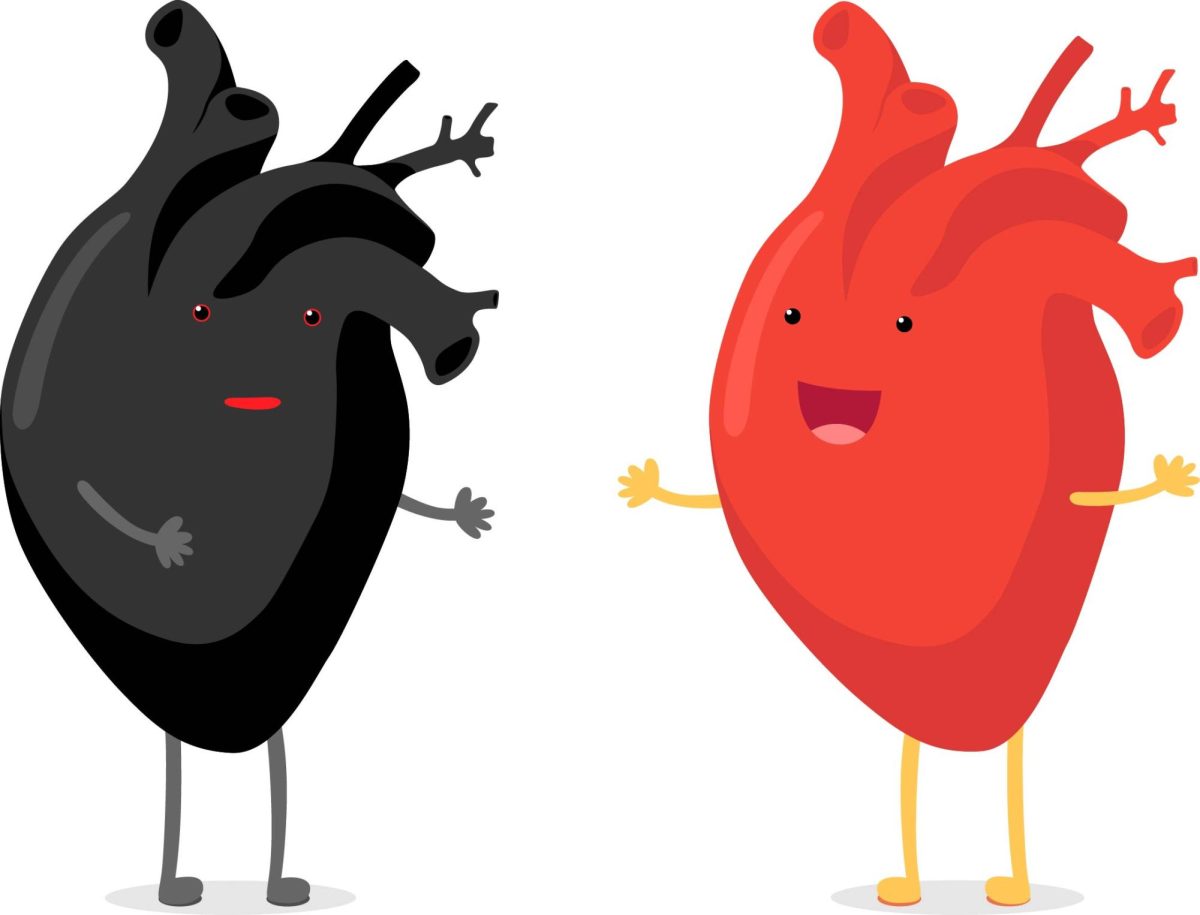
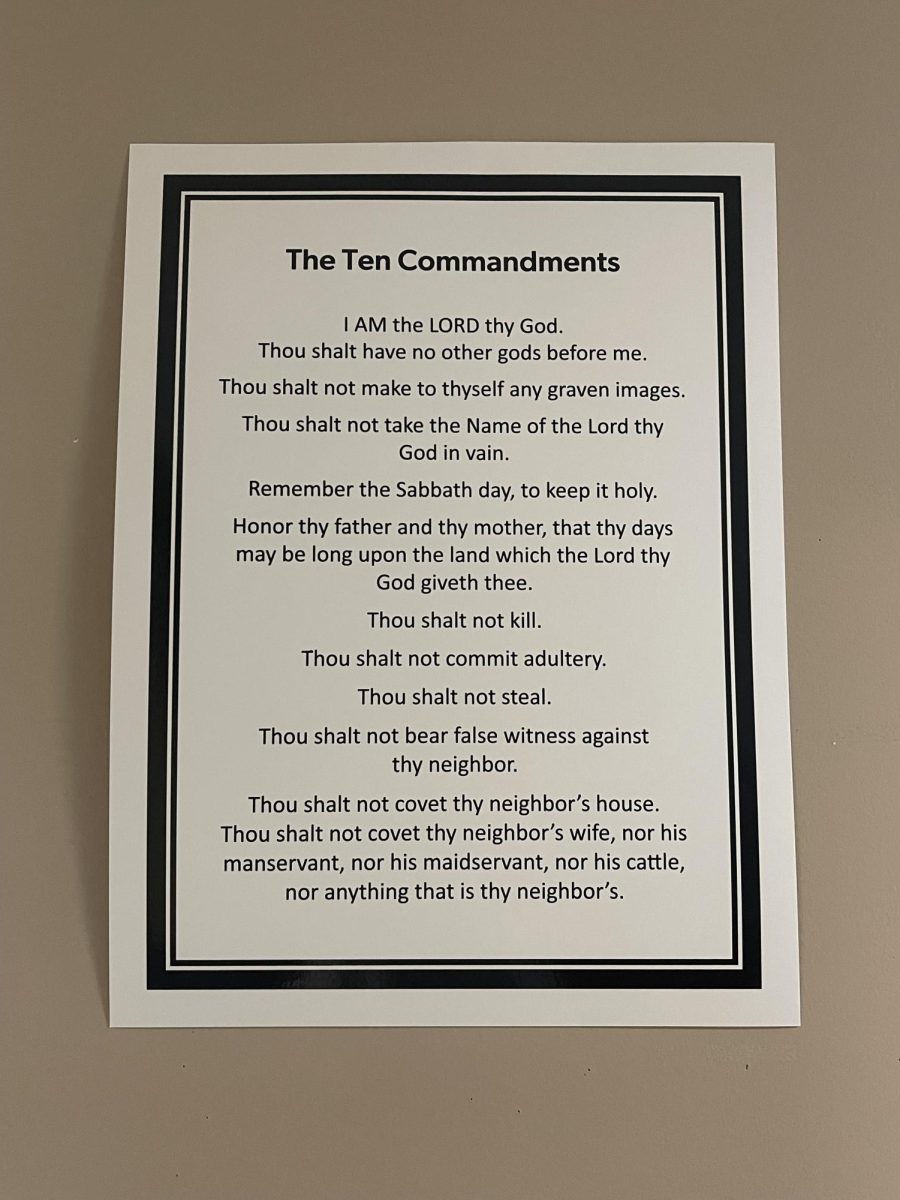
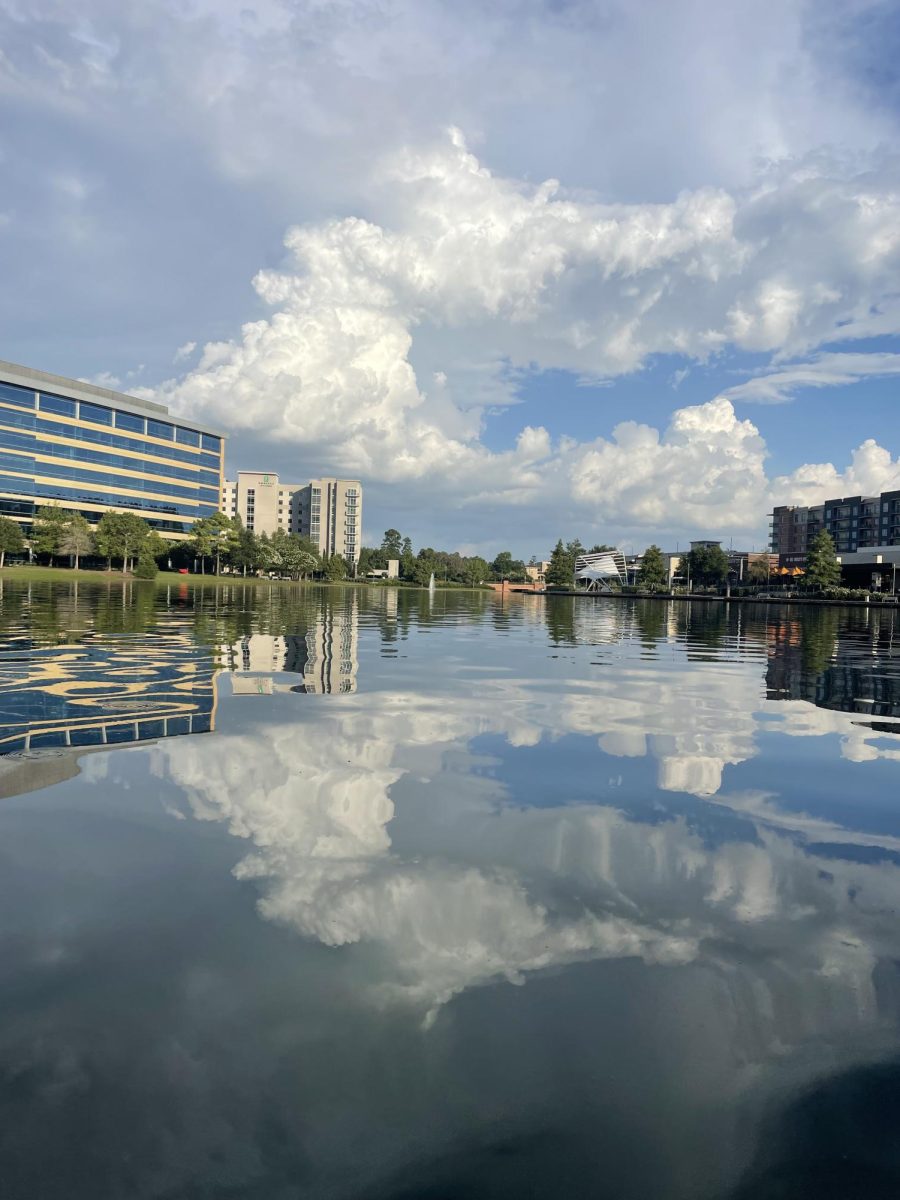

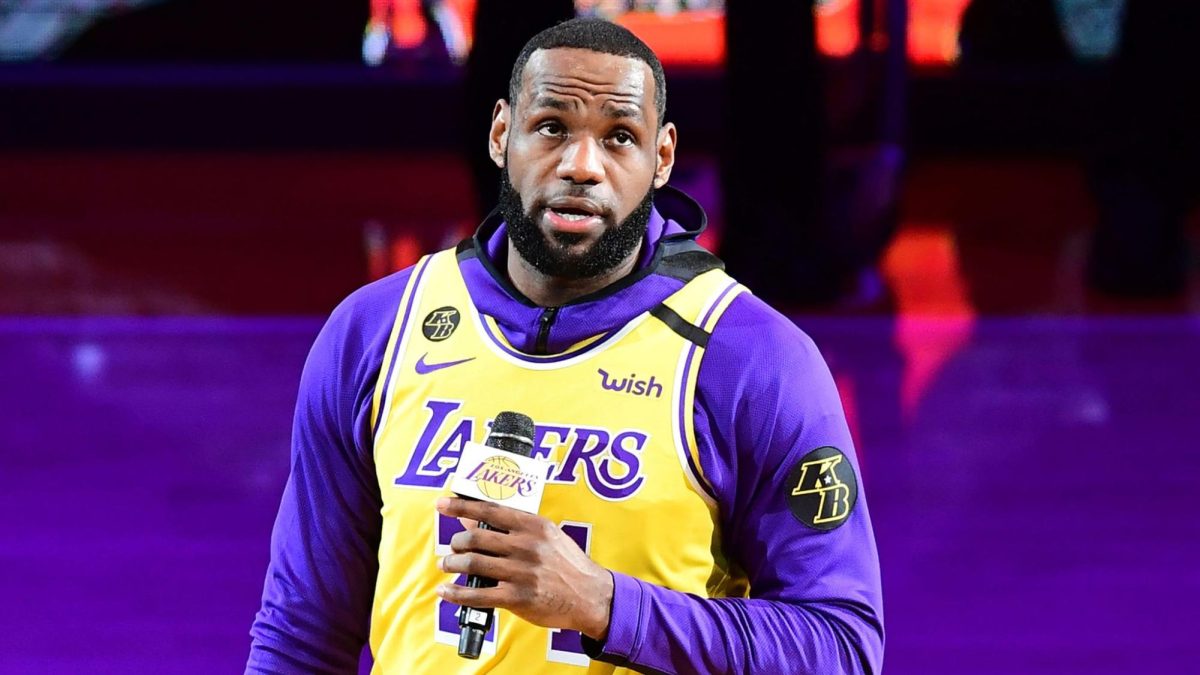
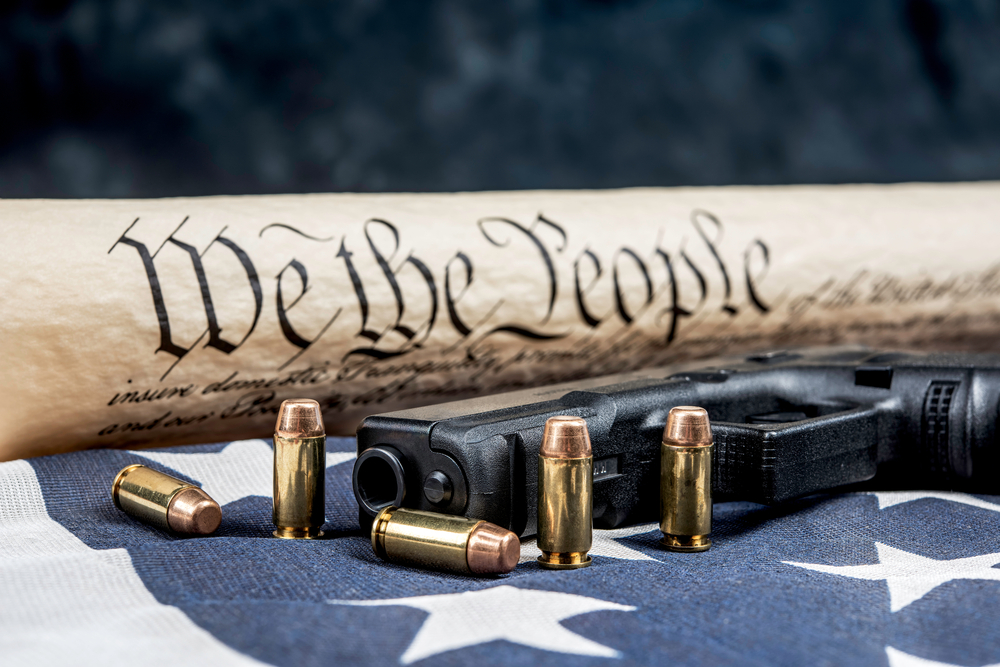
Elijah Ponce • Jan 19, 2024 at 10:37 am
great job, keep it up :3
Jennifer Buergermeister • Aug 15, 2024 at 9:03 am
Thank you 🙂